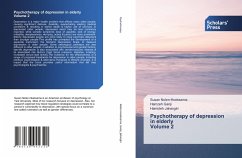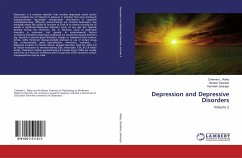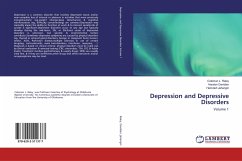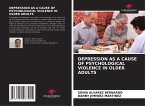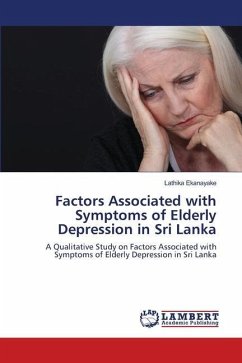Depression is a major health problem that affects many older people, causing significant distress, disability, exacerbating existing medical conditions & resulting in earlier death & higher use of services. In depressed older people, depressed mood may be less commonly reported, while somatic symptoms (loss of appetite, lack of energy, irritability, sleeplessness, worrying, aches & pains) are more prominent. Elderly depressed people are more likely to have psychotic delusions than younger people.This profile has prompted the development of a separate instrument, the Geriatric Depression Scale, to measure depression in older people. Some aetiological pathways are also different in older people: in addition to psychosocial and genetic factors, late-life depression is also associated with cerebrovascular disease & its associated risk factors (high blood pressure, diabetes, smoking, increased serum lipid levels).The evidence for the effectiveness of a range of proposed treatments fordepression in older people, including medical, psychological & alternative therapies & lifestyle changes. It is hoped that the book provides useful information that will help psychologists & psychiatrists.

